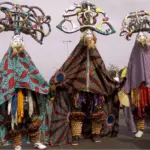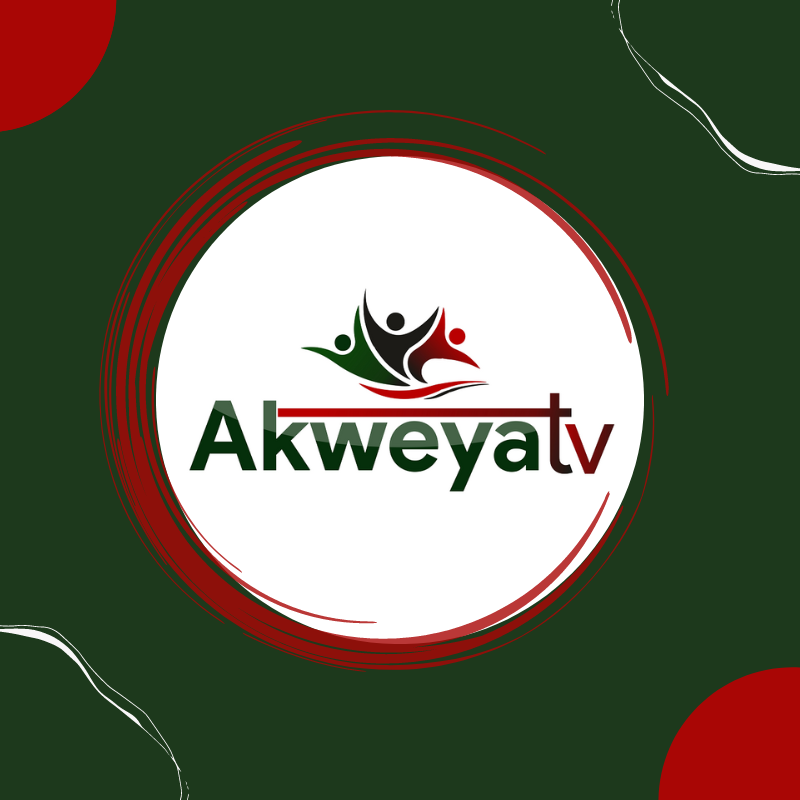The dwindling availability of academic resources for the Idoma language has raised significant alarm among Idoma elites. Scant access to previously published materials, whether in libraries or family collections, has become a pressing issue. “Okpa’Oje k’Idoma,” an early Idoma language reading book published in 1979 by Mr Joseph Onka Oblete and Chief Akpalla Okenyodo, has all but disappeared.
In the heartlands of east-central Nigeria, a language with a rich cultural heritage faces an uncertain fate. The Idoma ethnic group, spread across Benue State and neighbouring regions, has been witnessing a disheartening decline in the availability of academic resources in their native tongue. This growing concern has ignited a fire among Idoma elites, who are determined to safeguard their linguistic legacy.
The Idoma people proudly identify themselves as “Idoma,” a term shared by their neighbouring communities. Spanning dialects like Igede, Uffia, Otukpo, Orokam, and others, the Idomoid languages resonate with almost four million individuals across nine local government areas in Benue State.
A pivotal piece of their cultural heritage, “Okpa’Oje k’Idoma,” an early Idoma language reading book penned by Mr Joseph Onka Oblete and Chief Akpalla Okenyodo in 1979, has practically vanished, highlighting the pressing issue of disappearing access to previously published materials. This scarcity, whether within libraries or cherished family collections, has left a void that needs addressing.
A UNESCO report on endangered indigenous languages underscores that if no active intervention is undertaken, Idoma, along with others, could be extinguished within the next five decades.
But in the face of this challenge, a glimmer of hope emerges. After an astonishing 43-year gap, a new Idoma book titled “Learn Idoma Language Translations into 14 Dialects in Idoma Land” has surfaced, written by the committed Michael Ochigbo Ogwuche. The book, an embodiment of dedication, was unveiled on December 27th, 2021, at the Apa Gate Hotel in Otukpo, Benue State.

With an unwavering spirit, Michael Ochigbo Ogwuche, the author, shares that his driving force was to kindle the flames of the Idoma language among the younger generation. His intention is to weave a shield of preservation against the looming threat of extinction. The question that looms large is how a language can be rescued when the very resources crafted to immortalise it fade away within a short span of time.
In the broader context of Nigeria’s linguistic landscape, where three major languages – Hausa, Ibo, and Yoruba – enjoy official recognition and support, the unfortunate reality is that minority languages like Idoma do not receive the same governmental backing. This disparity places them in the precarious position of extinction. A UNESCO report on endangered indigenous languages underscores that if no active intervention is undertaken, Idoma, along with others, could be extinguished within the next five decades.
However, amid debates about the urgency of the issue, one fact remains undeniable: the generational transmission, acceptance, and appreciation of the Idoma language are all on a downward trajectory, posing a real threat to its survival.
Michael Ochigbo Ogwuche advocates a multifaceted approach to breathing life back into the Idoma language:
- Cultivate a genuine affinity for the Idoma language and culture.
- Foster a passionate commitment to preserving the Idoma language.
- Prioritise the use of the Idoma language at home and whenever applicable.
- Encourage the younger generation to learn the Idoma language.
- Promote and endorse intra-Idoma marriages.
- Incorporate the Idoma language in media platforms, including social media, radio, television, and newspapers.
- Introduce the Idoma language as a mandatory subject in Idoma land schools.
- Advocate for reading Idoma materials in churches, schools, homes, etc.
- Dissuade individuals, especially the younger generation, from exclusively using English and other languages at home and Idoma events.
Amid these efforts, a critical question remains: What caused the gradual removal of old Idoma language books from educational institutions? Will the newly published “LEARN IDOMA LANGUAGE TRANSLATIONS” book find its rightful place within the education system?
Language is a cornerstone of ethnic identity and an integral part of cultural heritage that should be preserved with the utmost diligence. The loss of language equates to the loss of identity – a tragedy that cannot be ignored. As a tool for human interaction and national progress, language’s significance cannot be overstated. In the unfolding story of the Idoma language, the choice lies between preserving a heritage or facing its disappearance.
Follow the AkweyaTV channel on WhatsApp: https://whatsapp.com/channel/0029Va7m7dvJuyA7h5XMc22i
















